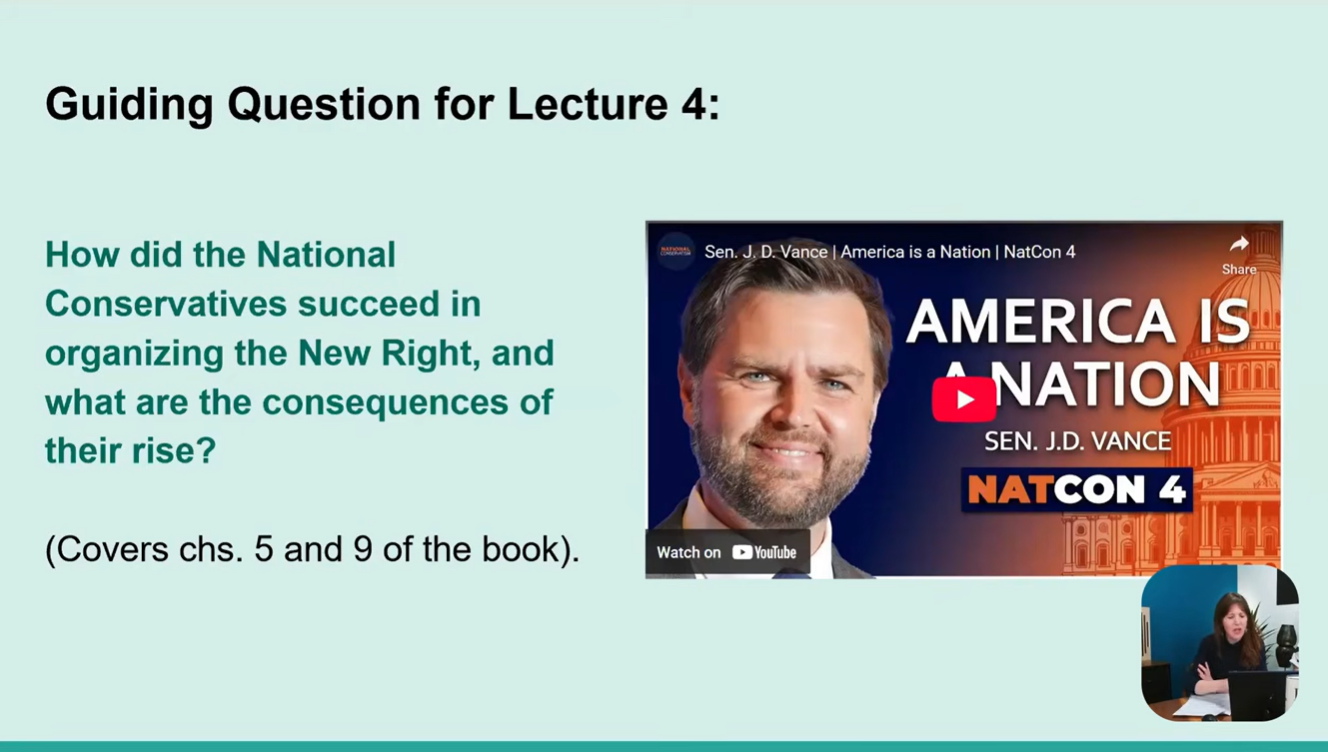Globalism and its Discontents
A review of The Emergence of Globalism: Visions of World Order in Britain and the United States, 1939-1950 by Or Rosenboim (Princeton University Press, 2017).
***
A review of The Emergence of Globalism: Visions of World Order in Britain and the United States, 1939-1950 by Or Rosenboim (Princeton University Press, 2017).
***
Few topics invite more despair than humanity’s stubborn resistance to collectively addressing global problems. Despite decades of talk by dewy-eyed journalists about the world’s irreversible “interconnectedness,” both politicians and electorates have shown little appetite for strong international organizations and policies, even if they are clearly needed to tackle pressing matters such as mass migration, extremist violence, or economic inequality. The United States’ recent withdrawal from the Paris Agreement on climate change, allegedly on behalf of the nation’s economic interests, was only the most recent example of this depressing dynamic. As several commentators have noted, the decision was disheartening not only due to its obvious recklessness, but also because it showed how weak the agreement was to begin with. After all, it lacked any enforcement mechanisms or substantial incentives, and relied fully on national governments’ good will.
One might find some (cold) comfort in knowing that this frustration is anything but new. As Or Rosenboim shows in her stimulating new book, The Emergence of Globalism, the 1940s witnessed a parallel moment in which scholars sought to convince nations that the era’s most pressing challenges were global. In the wake of the Great Depression, World War II, and the crumbling of European empires in Asia, it seemed evident to many social scientists and political theorists that instability could not be tackled by national governments alone. As long as leaders considered interests through the prism of national sovereignty, they would be unable to encourage lasting and productive cooperation, even in international institutions such as the United Nations. The specter of nuclear holocaust further deepened this conviction; nuclear destruction could only be averted if leaders recognized that national security was secondary to humanity’s survival, and thus unilaterally disarmed. As American cultural critic Lewis Mumford wrote in 1946, “[w]e in America are living among madmen. Madmen govern our affairs in the name of order and security… And the fatal symptom of their madness is this: they have been carrying through a series of acts which will lead eventually to the destruction of mankind, under the solemn conviction that they are normal responsible people.”
Unlike today, however, this earlier period of alarm gave birth to a sustained and impressive intellectual campaign to transform global politics. The Emergence of Globalism ambitiously charts the efforts of countless intellectuals in the United States and Britain who spent the wartime and immediate postwar years crafting blueprints for a new global order. Rosenboim revisits the giants of postwar philosophy and political theory, such as political scientist Raymond Aron, International Relations specialist Owen Lattimore, economist Lionel Robbins, and French Catholic émigré philosopher Jacques Maritain, bringing their competing visions for peace and stability to life. While her protagonists differed widely in their emphases—some focused on economic policies as the key for the globe’s remaking, while others cared more about religious teachings, geostrategic calculations, or international legal frameworks—they all agreed that national politics had become secondary to global politics. The world, these thinkers insisted, was deeply interconnected through economic, political, and technological bonds, and its major problems were therefore beyond the scope of any one nation or region. To be sure, these ideas turned out to be politically stillborn, as national sovereignty remained powerful and armed conflicts did not cease. Still, Rosenboim claims, these models may prove fruitful as the world today again discusses globalization and potential ways to address its uglier consequences.
By nature, a survey of such diverse thinkers does not lend itself to a strong argument, and Rosenboim prudently does not seek to impose uniformity on her ideologically heterogeneous protagonists. Instead, she organizes her chapters around debates between individuals or schools of thought who shared disciplines and planetary perspectives, but who disagreed on the specific mechanisms for stability. One chapter, for example, explores the competing efforts of economists such as Friedrich Hayek and Barbara Wootton to design new organs for international economic coordination. Everyone agreed that the autarkic push of the 1930s showed the futility of regulating trade, employment, and labor through national governments; only global organizations could guarantee prosperity and stability. Predictably, however, this tacit agreement quickly devolved into a right-left debate over the scope and desirability of economic planning. While Hayek advocated for competitive international markets, Wootton envisioned a transnational distribution of wealth and regulation. Parallel discussions unfolded among philosophers of science, who believed humanity’s fate depended on international scientific cooperation. While British writer H. G. Wells hoped to develop a global framework in which natural scientists would effectively manage the world’s energy, food, and weapons (thus making their distribution free of national recklessness), cultural critics like Lewis Mumford warned that such schemes necessitated humanistic and cultural leadership, which would instill in the masses a necessary sense of global solidarity.
Nothing better represents these globalists’ enormous ambitions and their conspicuous limitations than the effort to write a world constitution, a story that stands at the center of one of the book’s most intriguing chapters. Under the leadership of Italian anti-fascist émigré Giuseppe Antonio Borgese, a committee of prominent thinkers (including theologian Reinhold Niebuhr and economist Rexford Tugwell) spent two years after World War II designing a legal covenant for all peoples and nations. The final document offered a plethora of global institutions, from a sitting assembly (to be elected by all regions) to a world president to global tribunals; outlined a universal list of political rights; and envisioned a world military force to enforce them. Yet despite the committee’s claim to seek universal equality, its work reflected European and North American values. Borgese, for example, sought to guarantee Atlantic dominance by basing representation at the world’s parliament not only on population, but also on countries’ “economic status” and “contribution to mankind” (181). In fact, not a single representative from Asia, Africa, or Latin America was even invited to take part in the drafting process, a glaring omission even by the era’s sad standards. Similarly, the committee exemplified its members’ disdain for the masses, whose political power it sought to restrict. The constitution made sure to complement elected positions with unelected “experts,” intellectuals who apparently were immune to the electorate’s reckless politics.
From our present-day perspective, there is something almost comical in this Western-centric vision of global order. While the conflation of the United States or Western Europe with universal peace is hardly dead—just recall Fareed Zakaria or Leon Wieseltier’s recent enthusiasm for U.S. bombing of Syria in the name of global justice—schemes of the kind proposed by Borgese would likely raise at least some objections from some scholars today. Rosenboim often highlights how, for all their revolutionary aspirations, the globalists of the 1940s ultimately very rarely broke with their societies’ basic political assumptions. Like almost the entire political establishment in the United States and Britain, they all shared a fierce anti-Communism and a profound belief in the West’s civilizational superiority. Indeed, their very belief in the need to “overcome” nationalism drew on Europe’s bloody experiences. While they largely viewed decolonization as inevitable, none was able to grasp nationalism’s liberating and exciting function in Afro-Asian anti-colonial context. For Rosenboim, it was this parochialism, and not just the harsh reality of international politics (as the so-called “realists” would claim), that made their failure “hardly surprising” (281). Soaked as they were in Anglo-American perspectives, they were unable to envision a truly equal global order.
Nevertheless, the comparison between global thought in the 1940s and today should not lead us to assume that our thinking is more sophisticated than our forbears’. For The Emergence of Globalism serves as a stark reminder about how unambitious and unimaginative our own thinking has become. Despite their flaws, the 1940s globalists grasped how deeply world cooperation would rely on powerful and permanent institutions. While today’s advocates of international cooperation rely on loosely binding diplomatic conventions between national governments, Borgese and others envisioned a strong system, backed up by military power, in which broad interests would overpower national considerations. By establishing global elections, representational bodies, and enforcement mechanisms, they sought to develop global solidarity and to forge strong ties between citizens of all nations. The 1940s, then, should not seem like a period of utopian and even delusional visions. Perhaps, instead, thinkers from this era can help us remembers what effective globalism requires, and why its advocates today repeatedly fall short of their aspirations.





